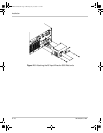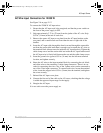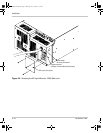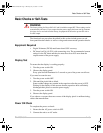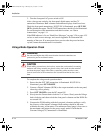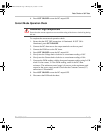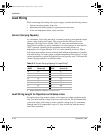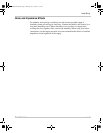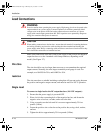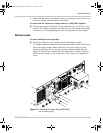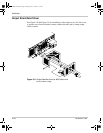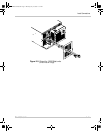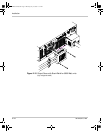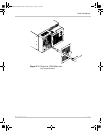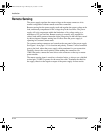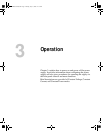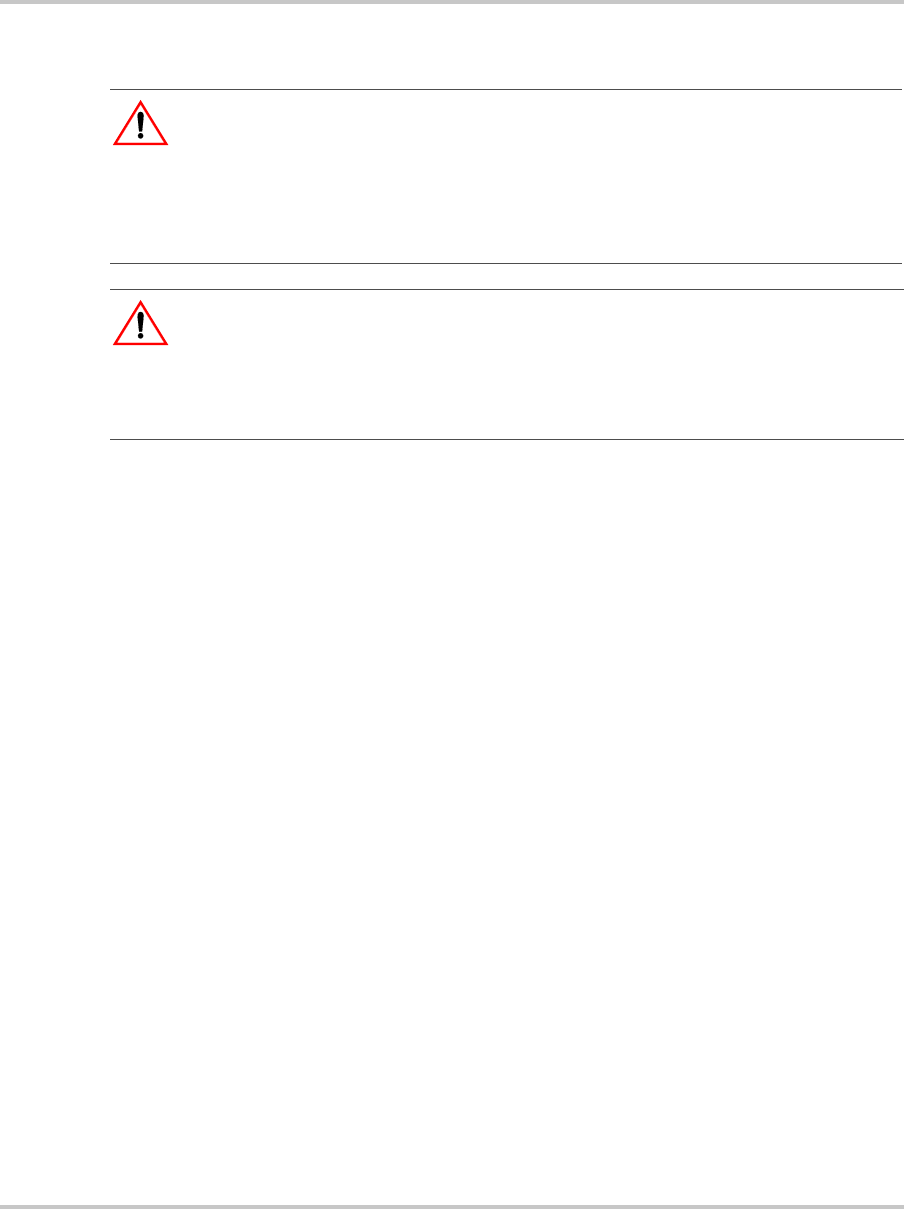
Installation
2–18 TM-XDOP-01XN
Load Connections
Make load connections at the rear of the power supply at the positive and negative
output bus bars or to the 4-terminal wire clamp connector, depending on the
model. (See Figure 2-7.)
Wire Size
The wire should be one size larger than necessary to accommodate the required
output current. Normally, the next largest commonly used gauge is used. For
example, use 10AWG for 20A, and 8AWG for 30A.
Isolation
The wire must have a suitable insulating coating that will prevent arcing between
the positive and negative output current, and must be rated for 105
°C operation.
Single Load
To connect a single load to the DC output bus bars (10–150V outputs):
1. Ensure that the power supply is powered OFF.
2. Place a bolt in the connecting hole of the negative bus bar, and fasten the
negative wire or bus bar, a washer, and a nut to the bolt.
3. Using a wrench, turn the bolt until it is secure at approximately 25 foot-
pounds (34Nm).
4. Fasten the positive wire or bus bar to the positive bus, using a bolt, washer,
and nut.
5. Tighten the bolt to approximately 25 foot-pounds (34Nm).
WARNING
Exercise caution when operating the power supply. High energy levels can be stored at the
output terminals on a power supply in normal operation. In addition, potentially lethal
voltages exist in the power circuit and on the output and sense connectors of a power
supply with a rated output greater than 40V. Filter capacitors store potentially dangerous
energy for some time after power is removed.
CAUTION
When making connections to the bus bars, ensure that each terminal’s mounting hardware
and wiring assembly are placed to avoid touching the other terminal and shorting the
power supply outlet. Heavy connecting cables must have some form of strain relief so they
don’t loosen the connections or bend the bus bars.
TM-XDOP-01XN.book Page 18 Monday, July 17, 2006 11:19 AM



